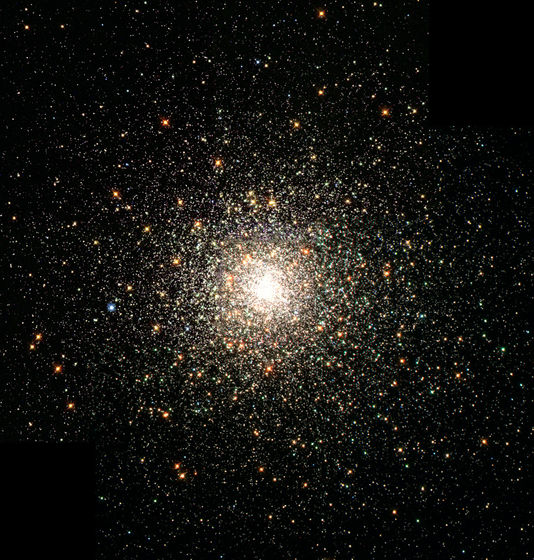Mozilla explains the idea of detecting radiation falling from space with 'browser error'

When high-energy particles such as radiation coming from space collide with circuits such as memory and
This Week in Glean: What Flips Your Bit? – Data @ Mozilla
https://blog.mozilla.org/data/2022/04/13/this-week-in-glean-what-flips-your-bit/
According to Travis Long, who belongs to Mozilla's product analysis and remote measurement solution team Glean , when analyzing data collected from Mozilla projects such as Firefox, 'data that is only one bit wrong' remains. Even if we investigate such data at the infrastructure level from the client to Mozilla, we can not find a reasonable cause, so it is often dismissed as 'Well, maybe space radiation did something wrong.'
To blame the anomalous data on cosmic radiation is, in other words, an excuse to blame cosmic radiation for the time being because we didn't know the cause. However, on April 1, immediately after it was reported that 'a large-scale magnetic storm will occur on March 31, 2022,' 'the probability of occurrence is very small, but a becomes A and. Becomes *.' From the strange agreement that there was a report that 'it seems that there is a phenomenon that t becomes | and n becomes o', Mr. Long said, 'It is not just an excuse, it actually happens. Isn't it a story that you have? '

So, Mr. Long started his research on 'Can we conclude that space radiation is the cause of a particular error?' According to previous research, in an article published in 2008 by Scientific American, the world's oldest scientific journal for the general public, 'According to a study conducted by IBM in the 1990s, 1 per 256 MB of RAM per month. It turns out that there is a sentence that says, 'SEU will occur once.' Subsequent research has published several papers on SEU by IBM researchers, but as far as we can see, it seems to be a single piece of evidence that 'one SEU occurs per 256MB of RAM per month.' It seems that the content was not found, but Mr. Long decided to use this sentence as a starting point.
According to Mr. Long, the data that Mozilla receives reaches 2800 TB in a month, which is compared with the above-mentioned information that 'one SEU occurs per 256 MB of RAM per month', 1 It is calculated that 11.468800 SEUs occur per month. Of course, even in SEU, it is almost impossible to detect the pattern that 'only one number is replaced while the enumeration of numbers continues', but when you see the number over 10 million times, it seems that 'more can be detected?' It was said that.
Looking back at the above-mentioned report that 'a becomes A', it seems that SEU is occurring only in a specific area where it is reported that space radiation will fall. However, during the survey, it turned out that it was difficult to collect data on space radiation levels by region, and the deadline was approaching, so Mr. Long said, 'I thought this story was interesting, so I conducted my own survey. If you get lost, please send the results to @travis on Matrix's Glean channel . '
Related Posts:







